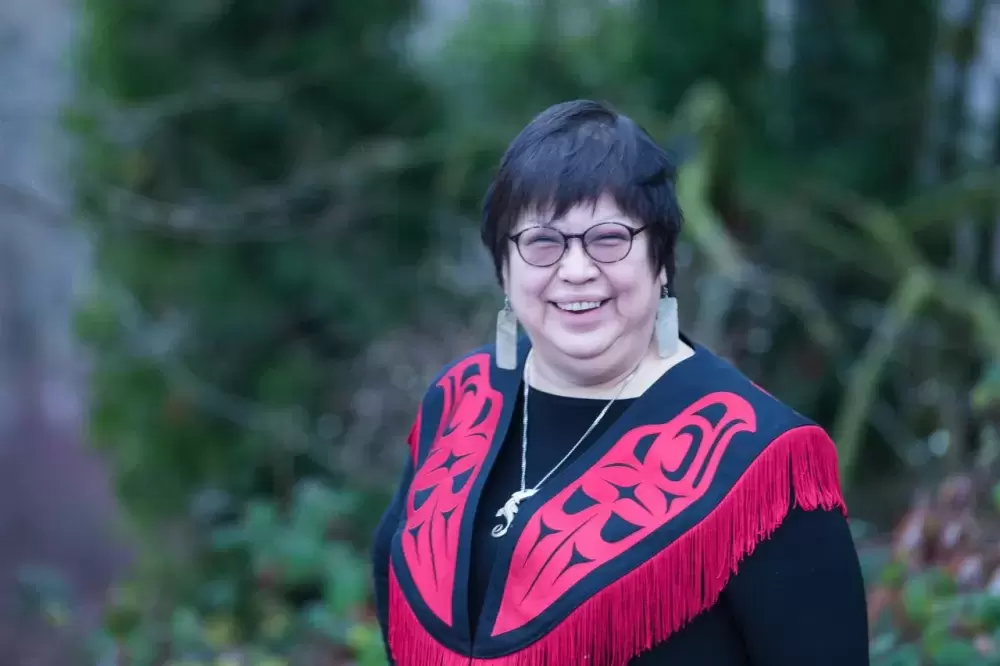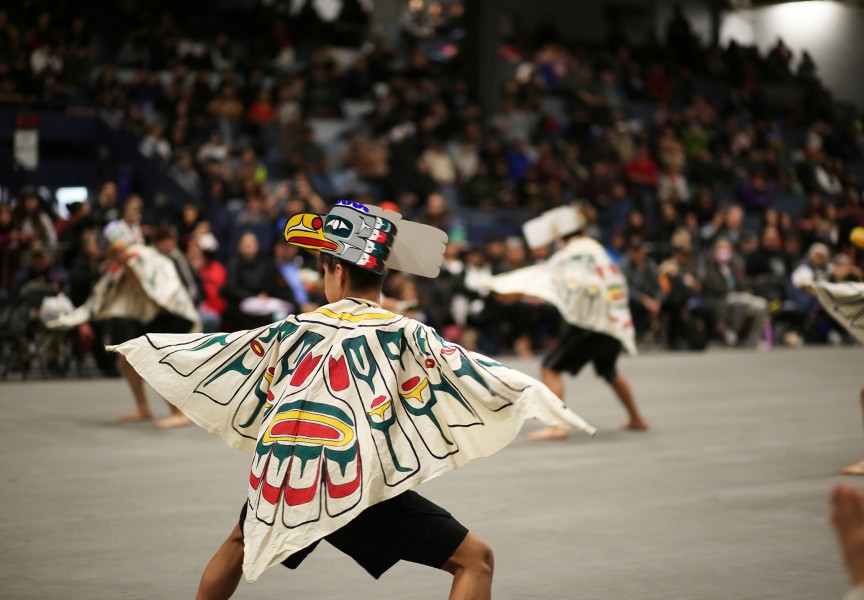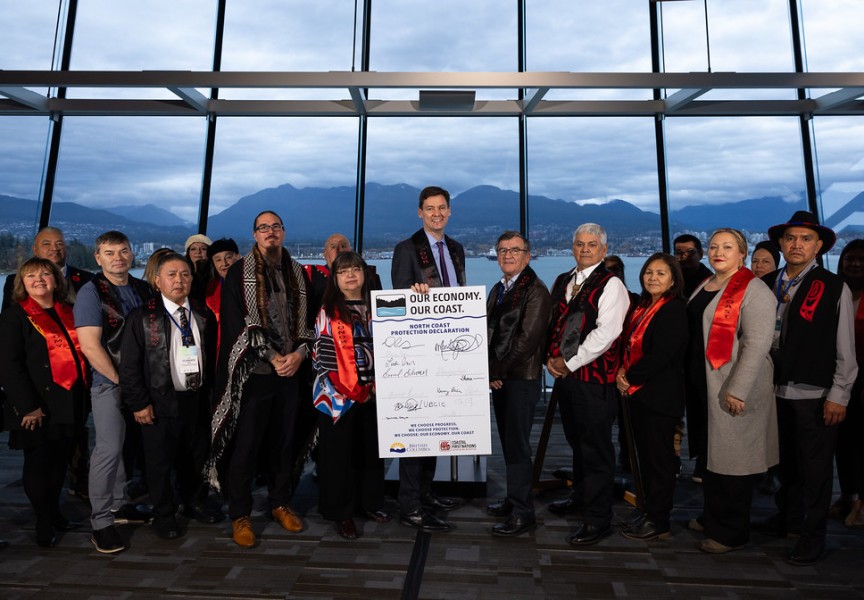A new award has been launched by the lieutenant governor of British Columbia that aims to honour those who have demonstrated a commitment to furthering reconciliation with Indigenous peoples within the province.
In partnership with the BC Achievement Foundation, the British Columbia Reconciliation Award was established to help inspire British Columbians to work together to help forge a new future.
“Reconciliation to me is making the wrongs right,” said Judith Sayers, BC Achievement Foundation board member and president of the Nuu-chah-nulth Tribal Council. “It’s addressing all of those historic grievances and putting them behind us.”
Janet Austin, B.C. lieutenant governor, said she has a responsibility to demonstrate leadership towards advancing reconciliation within the province.
"Reconciliation must take root in our hearts, within families, between generations and throughout our communities,” she said in a release. “I look forward to supporting this award and its deeply meaningful goal of building our relationships with each other across cultures and social barriers."
The award was founded by Steven Point, former B.C. lieutenant governor and member of the Stó:lō Nation. He has a hand-carved red cedar canoe on display at the B.C. Parliament Buildings, which was gifted as a symbol of reconciliation.
“We’re all in the same canoe,” he said, encouraging British Columbians to “paddle together.”
"Our world and its issues are not apart from us, but rather are a part of who we are,” Point said in a release. “We must not stand by and observe the world, but rather take steps to bring positive change."
Open to Indigenous and non-indigenous individuals, groups and organizations, nominations will be accepted until Jan. 15, 2021.
"Reconciliation builds relationships and bridges the gap between two worlds through the efforts of both Indigenous and non-Indigenous peoples,” said Sayers.
While COVID-19 means that the award will be celebrated virtually, “it’s the reality we live in and hopefully we can do justice for those groups that are selected for the awards,” she said.
As a member of the selection committee, Sayers said she hopes see a “broad, cross-section” of reconciliation efforts being made by British Columbians.
“There’s a lot of negativity out there about ‘reconciliation’ – that’s it just an overused word,” she said. “But it really is an important cornerstone of what we’re building right now in B.C.”







